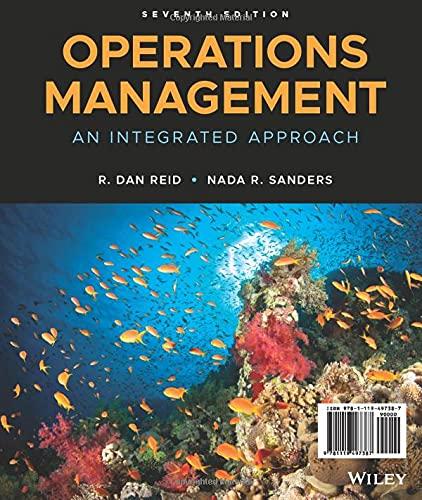Question
How would you reply to the following two statements: Statement 1: Sustaining a competitive compensation strategy requires meticulous contemplation of numerous crucial factors and processes
How would you reply to the following two statements:
Statement 1:
Sustaining a competitive compensation strategy requires meticulous contemplation of numerous crucial factors and processes from the human resource management of the sustained organization to be considered at first. The allocation of budgets to make better compensation decisions is critical to consider in order to aim in retaining existing employees while staying on budget. The compensation strategy must align to the overall business strategy and objectives if aiming to attract new and retain experienced talents for the increase of productivity and positioning the organization in the market in innovation an investment considerable must be made for employees for creativity and problem-solving skills. It is important to implement the practice of a compensation and benefits program in order to recognize the employees hard work and maintain a positive morale. The compensation to an individual can be done either as a monetary reward or non-monetary reward. Often employees are seeking for a promotion, pay increase, bonuses and more benefits. A career advancement program for the employees is a great approach to keep employees retained as this gives them the opportunity to advance within the organization giving room for new talents and develop new leaderships styles to manage the company objectives in a different perspective.
This creates a more flexible organization with diverse cross-management and comprehensive management. In the other hand recognition and awards or additional time off helps to maintain employees to feel valued and motivated by the organization management. Increasing their productivity and willing to progress in the organization when there is positive environment and opportunities offered to advance. The first factor is performance management compensating employees for their hard work in performance. Based on their contributions to achieve the organization goals, the compensation incentivizes employees to strive for excellence and helps to retaining top performers by recognizing their efforts and contribution to accomplish the company objectives effectively. The second factor is the alignment with the business strategy, the compensation must be reflected basely with the overall productivity of the organization. For instance, if the organization aims to attract new customers and explore new markets based on the "objectives the rewarding of the employees will be based upon their contribution to making the organization brand notable and reach new markets." (Demerouti, 2014)
The compensation plan will encourage the employees to support these objectives their performance and contribution will be recognized to retain the right talent as well to attract new with an exemplary process. The last factor is continuous evaluation and modification, the compensation strategies must evolve to remain effective over the time as the business environment dynamic is constantly changing. Leaving room to adapt to the needs is essential to remain competitive and retain the top talents avoiding them going to the competition. Welcoming feedback from the compensation strategies from the employees helps the management to improve and make changes as needed while monitoring the market tendencies. Investing in evaluating and adapting the management increases the chances to business priorities and employee needs. By aligning compensation with these factors, the organizations can attract new talents and retain existing by motivating top talent to invest their productivity in the organization influencing business success.
Statement 2:
From a non-HR perspective, managers definitely play a big part in developingthe organization's compensation strategy. They are the ones who work closest with the employees, and are more in tune with their values and should be following or keeping up with trends in the industry. When managers are involved, their input on compensation packages will help HR hire and retain employees, which boosts morale and loyalty. Plus, when managers are actively involved, they contribute to a work environment where employees feel supported and motivated, offering employment security that contributes to overall retention.
Managers also have a say in how HR rewards hard working and loyal employees. They understand what motivates employees, so they can help HR developing the organization's compensation strategies that are truly effective. Plus, when managers are part of the process, they can make sure rewards are fair and reflect what each person brings to the table. This supports HR with creating a workplace where employees are valued, motivated, and support the organizations overall goals.
Step by Step Solution
There are 3 Steps involved in it
Step: 1

Get Instant Access to Expert-Tailored Solutions
See step-by-step solutions with expert insights and AI powered tools for academic success
Step: 2

Step: 3

Ace Your Homework with AI
Get the answers you need in no time with our AI-driven, step-by-step assistance
Get Started


